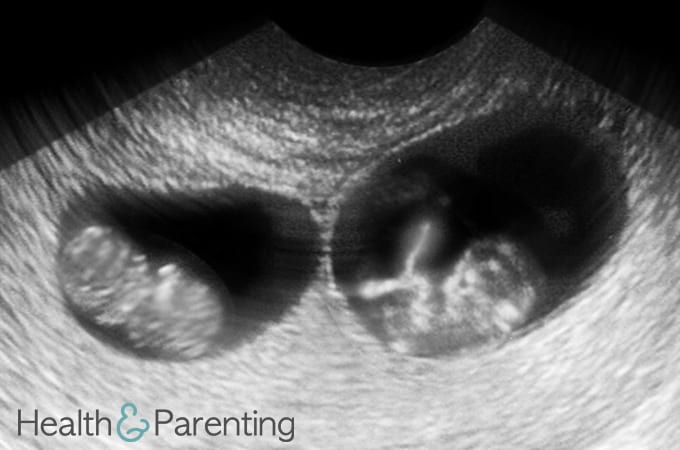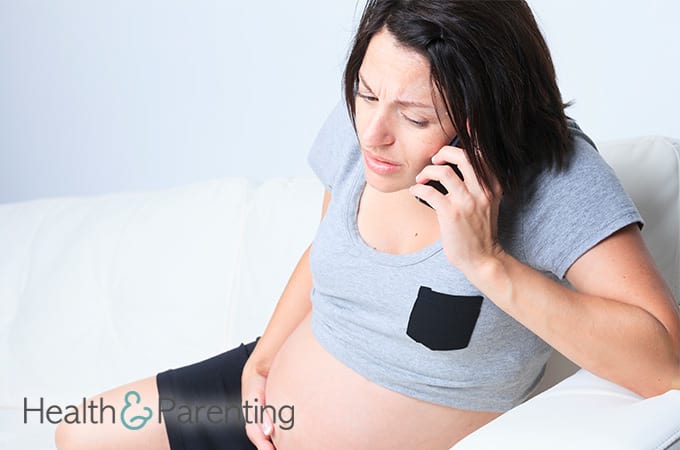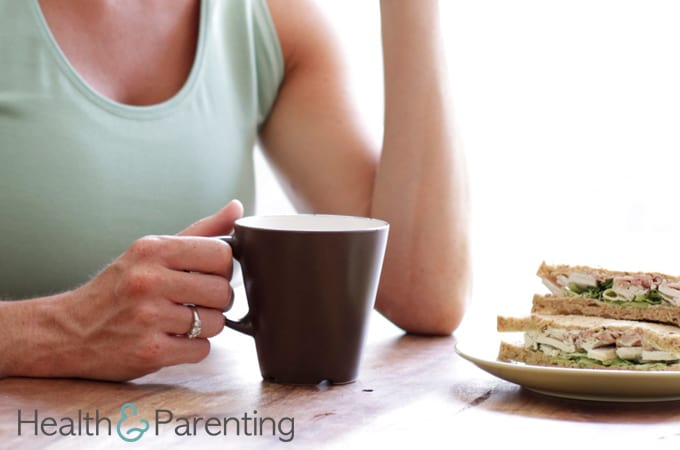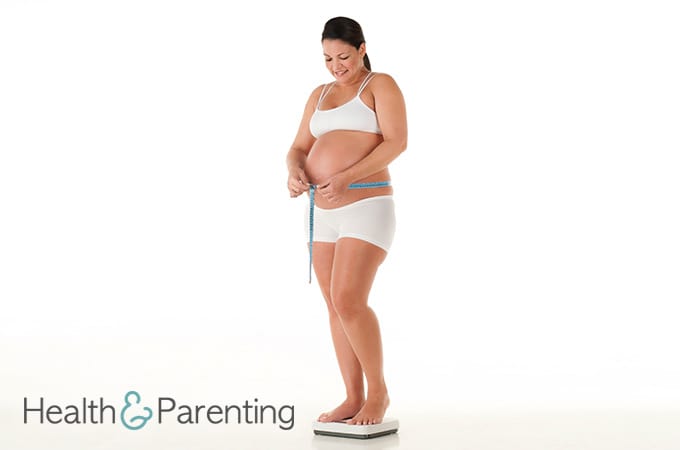If you’re currently pregnant, chances are you’ve heard about raspberry leaf tea. Friends, family and strangers may have advised you to consume it by the bucket-load in your final weeks, because they swear it’s what allowed them such a positive birth.
Raspberry leaf tea is made from red raspberry leaves. These leaves contain a whole host of vitamins including Vitamin A, Vitamin B, calcium, iron and potassium. Red raspberry leaf is used to treat gastrointestinal tract disorders, heart problems and flu.
Pregnant women have taken red raspberry leaf for hundreds of years to prevent miscarriage, boost the immune system and strengthen the uterine muscles for childbirth. Experts believe that red raspberry leaf strengthens the muscles of the uterus and prepares the pelvic floor for childbirth, increasing the strength of labour contractions.
Women who take red raspberry leaf towards the end of the pregnancy are less likely to have cause for birth interventions. Research even suggests that drinking red raspberry leaf tea can shorten the pushing stage of labour.
When to take red raspberry leaf
You can start taking red raspberry leaf when you are 32 weeks pregnant, and can take it daily up until the birth. It takes several weeks for the benefits of raspberry leaf tea to accumulate in the body, so you should try to start taking it a number of weeks before your due date. You should tell your healthcare provider before you begin taking red raspberry leaf.
If you choose to take it in tea form, you should start by drinking one cup a day. You can gradually increase this to three cups a day if you wish. Red raspberry leaf is also available in capsule form, you should follow the dosage instructions on the label if you consume it this way.
Drinking red raspberry leaf tea after the birth can help your uterus to shrink back down and give your immune system a much-needed boost.
Who shouldn’t take raspberry leaf tea?
Red raspberry leaf is not advisable if you have previously had a:
- caesarean section
- short labour
- premature labour / preterm birth
Red raspberry leaf should also be avoided if you:
- have suffered vaginal bleeding in the second half of your pregnancy
- are having a planned caesarean
- suffer from high blood pressure
- are carrying more than one baby
- have personal or family experience of breast or ovarian cancer
- have personal or family experience of fibroids or endometriosis
Potential side effects include nausea, loose stools and Braxton Hicks contractions. Speak to your healthcare provider if you experience any side effects from taking red raspberry leaf.
Written by Fiona, proud owner of a toddler, @fiona_peacock
This information is not intended to replace the advice of a trained medical doctor. Health & Parenting Ltd disclaims any liability for the decisions you make based on this information, which is provided to you on a general information basis only and not as a substitute for personalized medical advice. All contents copyright © Health & Parenting Ltd 2018. All rights reserved.



















